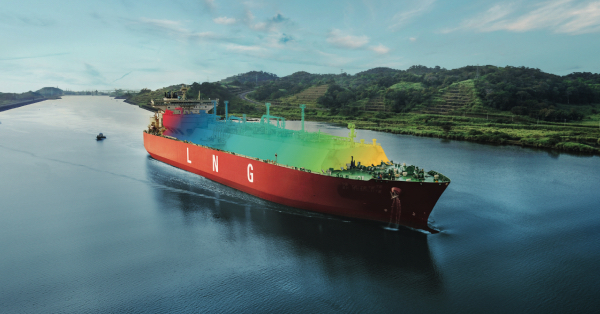Indonesia is expected to face a shortfall of around 10 LNG cargoes in 2024 that will likely be met by imports amid increasing domestic demand, declining supplies and existing export commitments, according to analysts and market sources.
“For 2024, we see a gap of about 10 cargoes which our gas supply may not be able to cover,” an Indonesia-based market source said, adding that there is a plan to import some LNG cargoes but decisions are yet to be made.
“If the plan is approved, import licenses will be issued to allow LNG imports,” the source said.
Another source expects the Indonesian gas supply shortage to worsen during 2025-2027.
The March Southeast Asia Marker — which reflects the value of LNG cargoes into Southeast Asia — was assessed at $9.300/MMBtu Jan. 25, at a 24.4 cents/MMBtu discount to the March JKM.
Domestic demand
“The gap will probably be in West Java,” S&P Global Commodity Insights analyst Johan Utama said, referring to a new gas supply contract that PT Perusahaan Gas Negara Tbk (PGN) secured from Medco Energi’s Corridor PSC in December 2023.
The new 480 Tbtu contract is a replacement of the previous 20-year, 2,300 Tbtu contract from the same block, which had expired in September 2023. Most of the gas is supplied to industries and power plants in West Java and Sumatra, according to Utama.
With mature gas fields in the Corridor block nearly depleting, supplies from the new contract is expected to decline rapidly. “If new sources of supply are not quickly brought into production, PGN will need to bring in more LNG, especially as its gas sales continue to recover,” Utama said.
Indonesia is facing a substantial power demand owing to its rapidly growing economy, dense population, and enhanced access to electricity.
S&P Global forecasts a constant growth in the nation’s power consumption, expecting 333.63 TWh of demand in 2024, up 14.4 TWh from 2023 and 105.08 TWh from a decade ago.
LNG imports and exports
Indonesia is known for its rich gas reserves and is one of the largest LNG exporters to Northeast Asia. The country exported 16.22 million mt of LNG in 2023, equivalent to 4.78% of the world’s total LNG exports, S&P Global data showed.
Bontang LNG accounted for the largest share of Indonesia’s LNG exports in 2023 and is expected to be replaced by Tangguh LNG in 2024, as Tangguh Train 3 expansion commenced commercial operations.
Kurnia Chairi, the deputy of finance and monetization at SKK Migas, said at an industry event that Indonesia aims to produce about 250 cargoes of LNG in 2024 on the back of additional production from Tangguh Train 3 expansion, up 37 cargoes from previous year, S&P Global reported earlier.
Out of its total LNG production in 2024, Indonesia expects around 167-170 LNG cargoes to be allocated for exports, accounting for around two-thirds of the total, while the remainder will be for domestic consumption, according to SKK Migas.
In addition to diverting LNG to meet domestic demand, Indonesia has been importing LNG cargoes in the last few years from the international market, as it strikes a balance between domestic market obligations and contractual commitments to customers. The domestic market obligations are typically agreed in advance and are difficult to change during the course of a supply contract.
Indonesia has imported full LNG cargoes from Australian projects like Pluto, North West Shelf and Ichthys due to their proximity, but it has also received several partial cargoes at terminals like Arun from vessels that are not able to discharge fully in other terminals due to excess volumes. Arun LNG has been reconfigured to both import and export LNG cargoes, allowing it to function as a reload and trading terminal.
LNG import project
In December 2023, Indonesian company PT AKR Corporindo Tbk said it will collaborate with BP Gas & Power Investments to develop an LNG import project that includes a regasification facility in Java Integrated Industrial and Port Estate (JIIPE) at Gresik, East Java of Indonesia.
The project will mainly supply gas to JIIPE tenants, with potential extra capacity to be used for the indigenous pipelined gas network in East Java, the company said.
The project is expected to go online in 2027.
Source: Platts









































